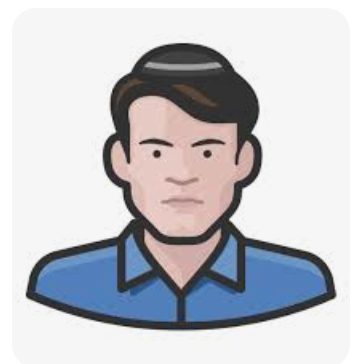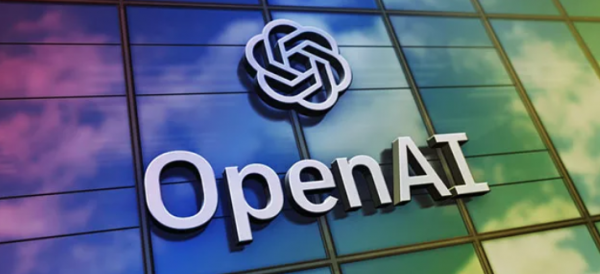OpenAI Settlement With NYT By End of 2024 Odds
OpenAI entering into a settlement agreement with the New York Times odds were set at 23% chance as of May 15 at Polymarket, down from a near 75% chance at the start of this year.
A lawsuit claims that millions of articles from The New York Times were used to train chatbots that now compete with it.
The Times is the first major American media organization to sue the companies, the creators of ChatGPT and other popular A.I back in late December.
The Times itself reported that the suit does not include an exact monetary demand. But it says the defendants should be held responsible for “billions of dollars in statutory and actual damages” related to the “unlawful copying and use of The Times’s uniquely valuable works.”
An OpenAI spokeswoman, Lindsey Held, said in a statement that the company had been “moving forward constructively” in conversations with The Times and that it was “surprised and disappointed” by the lawsuit.
“We respect the rights of content creators and owners and are committed to working with them to ensure they benefit from A.I. technology and new revenue models,” Ms. Held said. “We’re hopeful that we will find a mutually beneficial way to work together, as we are doing with many other publishers.”
Microsoft would not comment at the time the suit was filed. Microsoft is entitled to up to 49 percent of the for-profit arm of OpenAI's profits, according to reports.
|
Trump VP OddsDoug Burgum 4/1 J.D. Vance 9/2 Tim Scott 9/2 Marco Rubio 6/1 Tulsi Gabbard 8/1 Any Other 9/1 |
Mason Kortz ’14, a clinical instructor at the Harvard Law School Cyberlaw Clinic at the Berkman Klein Center for Internet & Society, told Harvard Today the suit will be the first big test for AI in the copyright law space.
When Kortz and his colleagues began talking about this issue around 2017, he adds, “People said, ‘this is sci fi type stuff. We don’t have to worry about that.’” Now, with the attention of business, the media, and the public at large, the lawsuit could have a significant impact on the development of an ever-rising number of AI systems in the U.S. “I’m interested to see where all this goes,” says Kortz.

|



















